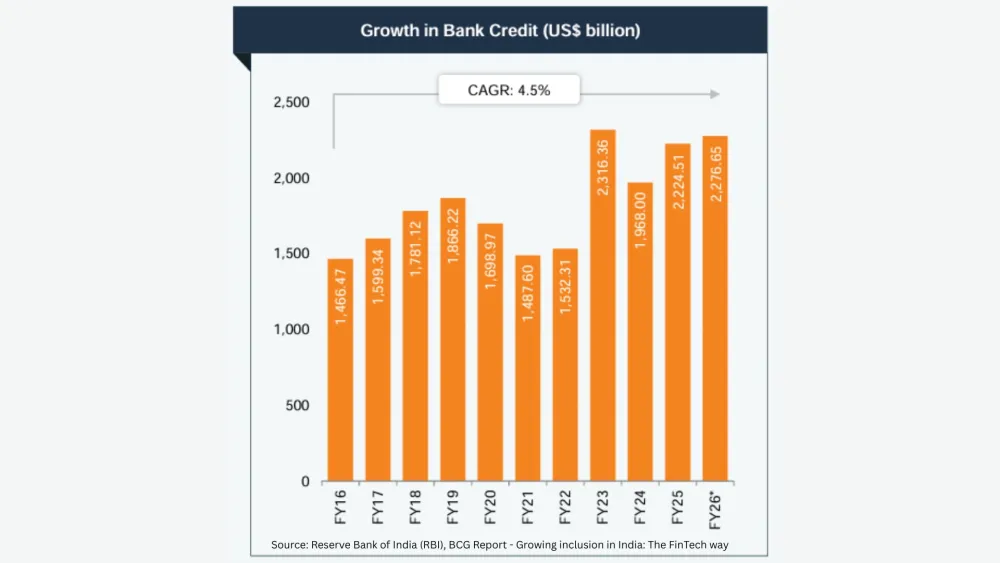
Boom or bust? Buy now pay later flourishes but with default risks rising
Rising rates and tightening policies hurt borrowers’ repayment capacities and push up operating costs.
Buy now pay later will continue to flourish in the Southeast Asian region thanks to the rise of e-commerce and low banking penetration, but it won’t be without challenges.
The region provides a fertile ground for the growth of the sector, Moody’s Investors Service said in a report. This has provided a solid base for BNPL providers such as Kredivo, Akulaku, Atome and Hoolah to grow.
Increasing use of e-commerce will also lead more shoppers to adopt BNPL as a payment option. Further, low rates of banking penetration and young demographics in ASEAN are favorable for the growth of the BNPL sector.
“For shoppers, BNPL services have a low barrier of entry, do not have a minimum spending requirement and have relatively lower late payment fees, unlike other payment options. Credit cards offer 0% installment plans but require credit checks, typically require a minimum spending and users can incur high interest charges if installments were missed,” Moody’s noted.
ALSO READ: One in three Singaporean consumers turn to BNPL to manage money: study
But BNPL companies’ are now incurring high expenses due to the need to invest heavily on technology to achieve fast growth amidst intense competition. The tightening of monetary policy globally is also expected to result in higher borrowing costs for BNPL companies. Rising rates will also erode consumers' repayment capacity, raising already-high asset risks for BNPL companies.
“Obtaining funding will become more difficult for BNPL companies as investors become more risk-averse amid declines in valuations of BNPL companies,” Moody’s reported.
Most alarming is the high risk of defaults given the sector’s target market.
“When BNPL companies pay merchant partners for purchases made by their users, they take on the shoppers' default risks. Because BNPL services do not require an evaluation of credit records, their users are more likely to be financially weaker than bank borrowers,” Moody’s warned.
This runs the risk of users of BNPL services spending beyond their means by accumulating debt from multiple BNPL service providers.
ALSO READ: Here’s how you build a successful Buy Now Pay Later platform: study
And whilst some major BNPL companies have indicated that they will implement checks on users' creditworthiness, they risk hurting their business growth, Moody’s noted.
To combat this, BNPL companies typically set aside larger provisions against receivables than banks do against loans, such as Zip, a major BNPL company in Australia. Further, BNPL companies will have to increase provisions as rising interest rates erode consumers' disposable income and strain their repayment capacity.



















 Advertise
Advertise










